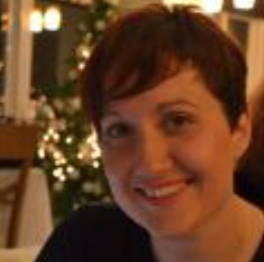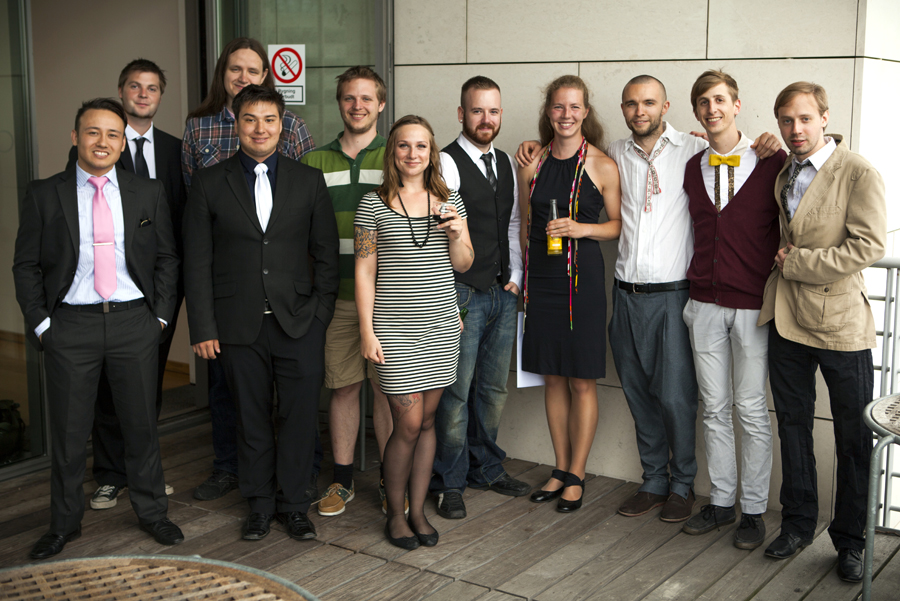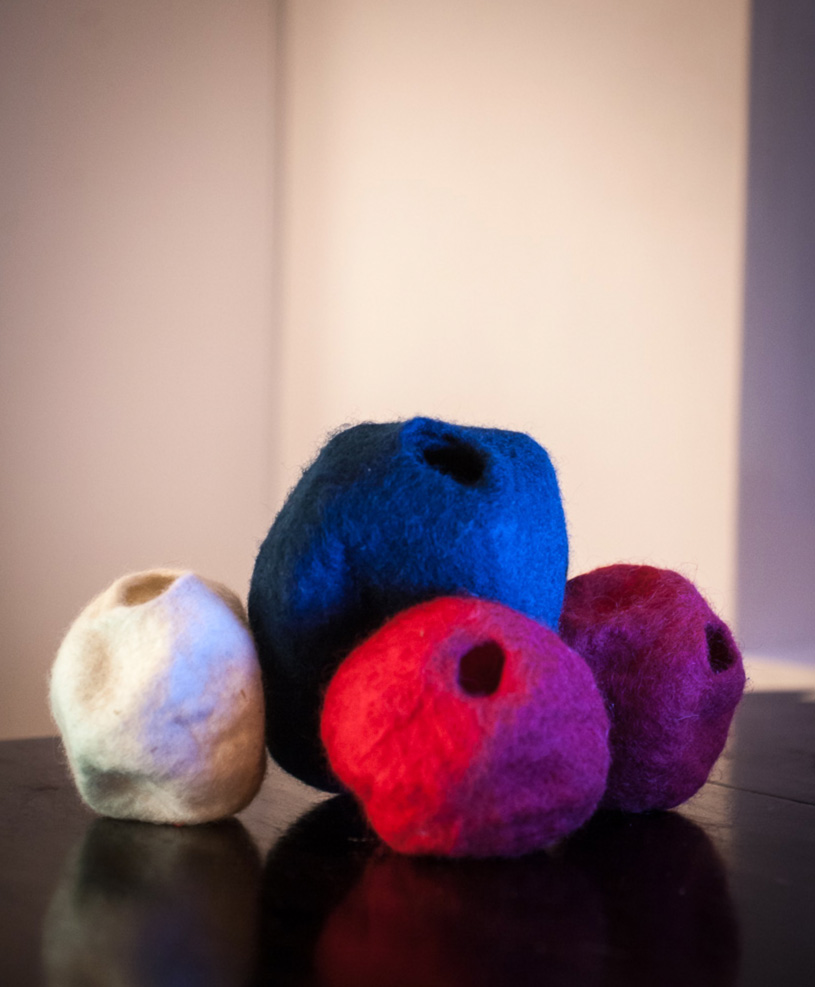Till Bovermann is visiting us on Friday talking about Electronic Music Practice for Neurodiverse People.
Time and place: June 14th in the main auditorium at A.C. Meyers Vænge 15 at 2PM
== Website ==
http://tai-studio.org/index.php/projects/deind/
== Abstract ==
Electronic digital music practice for Neurodiverse People<!–more–>
Caused by recent technological as well as cultural developments cheap electronics, rapid prototyping technologies, respectively the DIY, maker and demo scenes the majority of people in the western
world are able to creatively express themselves in a multitude of ways. Apart from mainstream hypes such as the hipstamatic phenomenon the tools for digital content creation as well established social and
cultural niches featuring unique expression vocabularies, e.g., embodied by experimental electronic music practice.
People with disabilities, however, mostly lack the possibility to take part in such cutting-edge movements: assistive technologies and careful design considerations are often of secondary interest to the designers and developers of the required technology, especially when it comes to the facilitation of cultural niches (This is by far not caused by bad faith, furthermore grounded in the very constraints inherent to such cutting edge movements).
However, questions remain on how e.g. electronic music practice can be scaffolded to support people facing challenges in society due to differences in their neurologic development. How can it support them in
expressing themselves in an experimental way beyond mainstream? How can it make the fun part accessible for them without pressing it into too much guidance? Can it empower them to even shape their own social
niche(s) in the above-mentioned sense?
In my talk, I will give insights on how the DEIND project at Aalto University approaches these questions. In the project, we aim to connect neurodiverse people with the field of contemporary electronic and digital music practice. In pursuit of this, people with autistic spectrum disorders are invited to take part in the design process of electronic musical instruments. To facilitate music practice, we aim for a holistic instrument experience rather than a modular approach in which the underlying modules of electronic instruments, interface & mapping & sound synthesis, would become too evident, possibly interfere
with the flow experience.
The close integration of target group members into the design cycle encourages a bilateral learning process: on the one hand, there is an intense and fruitful experience for the participants, on the other hand, it opens the opportunity for the involved researchers to identify challenges that are specific to this group yet reveal new perspectives on the broader view of their respective research area.
== Bio ==
Till Bovermann, born 1979, studied Computer Science in the Natural Science, majoring in Robotics, from 1999 to 2006 at Bielefeld University. He worked from 2006 to 2010 as a research assistant at various Bielefeld University institutes in Germany, most recently in the Ambient Intelligence Group of the CITEC Cognitive Interaction Technology, Center of Excellence. In 2010, he received a PhD for his work on Tangible Auditory Interfaces.
Since 2010, Till works as a post-doctoral researcher on tangible and auditory interaction at Media Lab Helsinki, School of Art, Design and Architecture, Aalto University, Helsinki, Finland where he runs TAI-stuido.org. As the principal investigator of the ³Aalto Media Factory²-funded project ³Electronic digital music practice for Neurodiverse People², his aims to connect Neurodiverse People with the field of contemporary electronic and digital music practice.
Till has been teaching at various international institutions, among others the Institute For Music And Media of the University of Music, Duesseldorf and the Institute for Time-based media, UdK Berlin.
Till¹s artistic works are mostly concerned with the relationship between contradictory systems such as the digital and physical realm or noise and harmony. Alongside his academic and artistic work, he also develops software in and for SuperCollider.








